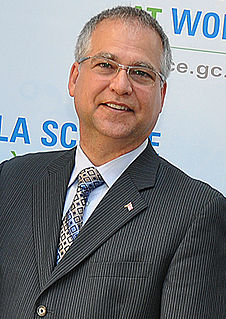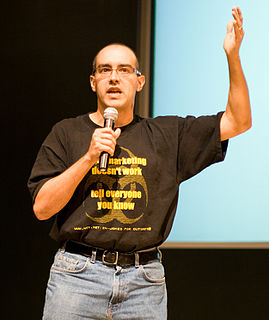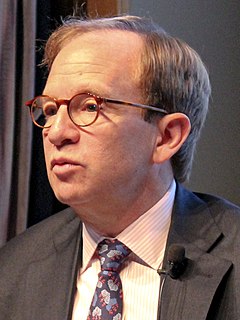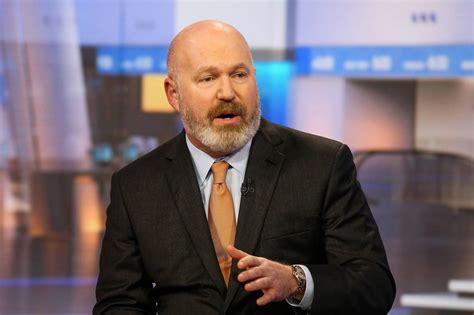A Quote by Uday Kotak
If companies are able to raise equity from the market, then their problems for financing incomplete projects will come to end. Investment cycle in the capital market can kick-start with the money of savers and investors.
Related Quotes
We are talking about capital-intensive enterprises, so market certainty is the key. Investors and entrepreneurs have to know that there will be a guaranteed U.S. renewable energy market in which they can compete. Otherwise, they will create the next generation of green companies and green jobs in Asia, not here.
This investment will provide capital to help high-potential start-up companies transition from product development to market entry, while also providing skills training to help them position themselves to be more attractive to investors and commercial partners. We are pleased to support the entrepreneurial community in southern Ontario and contribute to economic growth and job creation.
Basically my point of view on unicorns is that private companies which have sky high valuations, it doesn't really mean anything in the real world until it's marked to market. And there's only two ways things get marked to market in venture capital: Either a company is acquired by another company for cash or marketable security, or it goes public, and then it has reporting requirements and then the market will determine the value.
There are times when a market such as housing, transportation or the stock or mortgage market keep rising and people with capital want to join in this growth. Soon the markets become overheated, partly because of the abundance of investment money and speculation. This is when the government should raise interest rates and increase the cost of borrowed money. Governments are shy about doing this because it could cause the very recession. Yet this is the best time to do this so that the inevitable recession never reaches the magnitude of the recent Great Recession.
If the investors themselves are not sophisticated, if they themselves are not putting a lot of their own money to work, if they themselves don't understand the continuum of capital and how different parts of the capital structures react differently, then they're basically worthless. They're not going to give great advice to these entrepreneurs who then need it. So that is unfortunately the cycle we're in and we have to break the cycle.
I'm struck by the fact that by and large equity capital doesn't play a big role in new financing; it's either bonds or internal financing but not really equity. And therefore, it's not clear that anything which improves the equity markets has really much to do with the productivity of the economy as a whole.
I feel like I went through the Great Depression. All these companies are being successful around you, you're on that track, and then the market collapses, and you're out of a job. You're trying to save your investors' investment, and it doesn't work, and you sell the company for nothing. It was brutal.
As a bull market turns into a bear market, the new pros turn into optimists, hoping and praying the bear market will become a bull and save them. But as the market remains bearish, the optimists become pessimists, quit the profession, and return to their day jobs. This is when the real professional investors re-enter the market.
The underlying strategy of the Fed is to tell people, "Do you want your money to lose value in the bank, or do you want to put it in the stock market?" They're trying to push money into the stock market, into hedge funds, to temporarily bid up prices. Then, all of a sudden, the Fed can raise interest rates, let the stock market prices collapse and the people will lose even more in the stock market than they would have by the negative interest rates in the bank. So it's a pro-Wall Street financial engineering gimmick.
The stock market has gone up and if you are stock picking, that's fine, you may do a bit better than the market. But if you want to play in another game where you can get rapid increases of value and so on and so forth, this apparently has become the new parlour game, to invest in these companies and many their cases, the private equity that has been piling in onto of the venture capital is creating the unicorn, in other words the company with the $1 billion valuation.


































